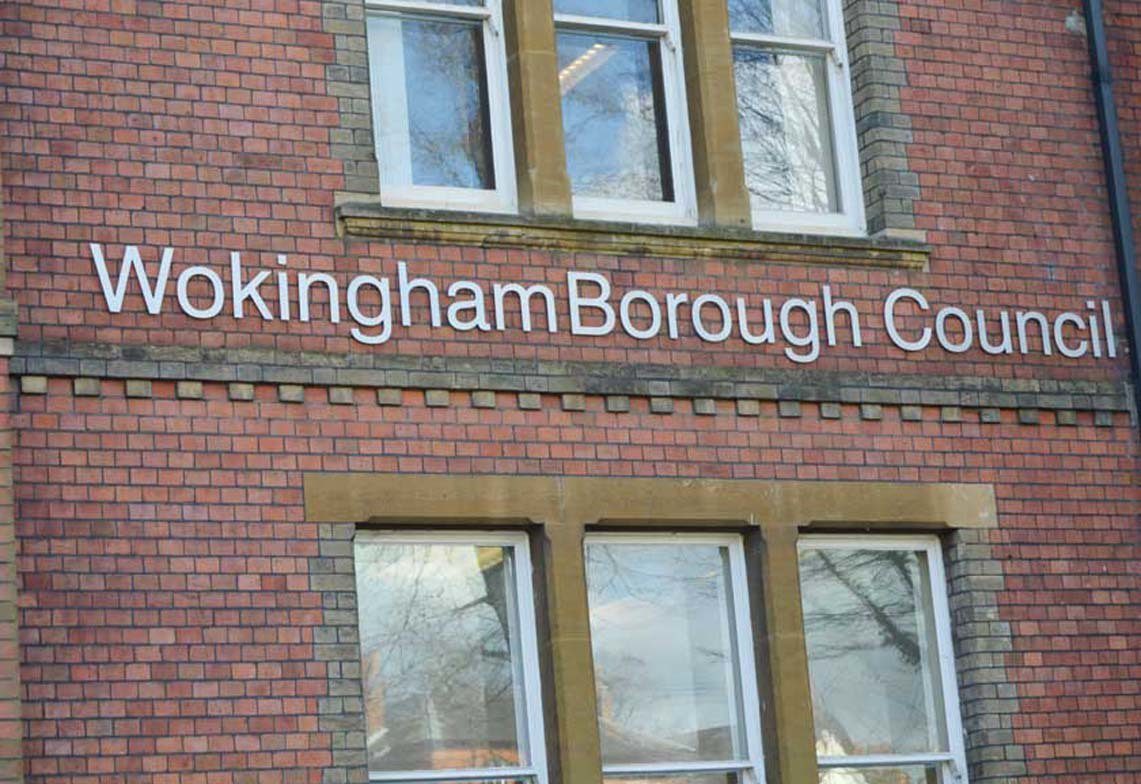WOKINGHAM Borough Council’s council tax income grew last year – but it is below the rate of inflation and not enough to meet the growing demands on statutory services.
New research released last week suggests that the total take was £155,860,000 – a figure Wokingham Borough Council doesn’t recognise – an increase of 4.3%. This was below the southeast average growth of 5.7%.
Neighbouring West Berkshire’s income grew 5.5%, Reading by 5.3% – the same amount as Windsor and Maidenhead. Only Bracknell Forest saw a larger than average increase, at 7%.
Wokingham Borough Council suspects the total income included precepts for police and fire services, which distorts the study’s findings.
According to research by finance specialists, RIFT, across the country, local authorities collected £36.5bn in council tax over the last financial year, almost £2bn more than the previous year – a total that has risen every year this Millennium.
RIFT analysed Government data on council tax receipts collected across England since the start of the Millennium and how this sum has changed over the years, as well as the areas to have seen the largest annual hikes.
Bradley Post, MD of Tax and accounting specialists RIFT Tax Refunds, said: “You may have come accustomed to an annual hike in your council tax bill, but you might be surprised to learn that total receipts collected from council tax have increased every single year this Millennium.
“Paying our way is just part and parcel of life when it comes to taxes and council tax is unfortunately no different.”
But Cllr Imogen Shepherd-Dubey, executive member for finance on Wokingham Borough Council, said: “We have to increase the Council Tax to cover our significantly rising costs whilst, receiving only meagre increases in Government grant.
“The Council Tax increase this year, at only 4.99% was far below inflationary levels, but this and our grant does little to covers the overall inflationary and needs-based cost increases that we are directly facing.”
And she also expressed concerns over the Institute of Fiscal Studies report which we highlighted last week.
“This report fails to understand that the allocation of local government funds has never been based on any kind of estimate of local needs, but are instead based on a very crude, historic formula used to slice up the overall funding.
“It does not factor in vital issues such as the number and complexity of children with special education needs or adults needing local authority support. It bears no resemblance to the reality of the spending pressures we face.
“It is, therefore, complete nonsense to claim that Wokingham Borough, or any other local authority, gets more or less than it needs from central government, because central government does not know what the costs are in each council area in relation to its actual needs.”
The council, she continued, has a legal obligation to provide services to residents, particularly children’s services and adult social care.
In areas such as Wokingham Borough, where the cost of living is high, those services will usually cost more than you would find in other council areas.
“Because Wokingham Borough Council is perceived to have low levels of deprivation, it receives the least general funding from central government than any other similar council. It has had this low level of government funding for many years – and that is a simple fact.
“It is also a fact that if we were funded at an average level per head of population in the UK, the funding we would get would be approximately £30 million more each year. That would be an average of £400, per household.
“It is therefore, extremely disappointing to see that some local politicians are preferring to throw around highly selective figures to mislead the public, instead of genuinely standing up for our residents and arguing for a better deal overall. The little bit of extra support that we got, this year, was secured for adult social care and it is massively dwarfed by our increasing needs and high inflation.”
Cllr Shepherd-Dubey added: “Last year, the extra support we received from central government – the Local Government Funding Settlement – increased by only £1.8million. This sounds like a lot, but the extra cost of providing our services increased by approximately £21million. This increase was due to inflation, the increasing number of people who need our support and the complexity of those needs.”














































